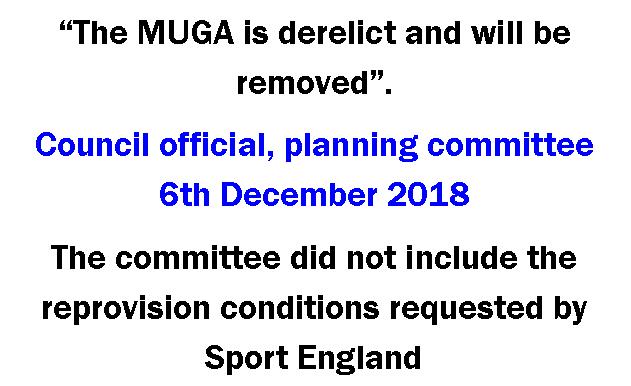Council planning report was wrong on Lincoln Court extension claim
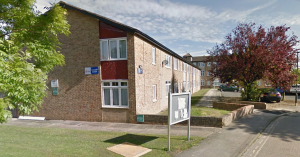
Lincoln Court. Work has started on replacing windows. Concerns about parking
Plans to provide a centre of excellence for disabled children, modernise & extend Lincoln Court and move part of the Hob Moor school playing field were approved last night.
Generally, the improvements will be welcomed.
Unfortunately, the planning committee failed to recognise and act to deal with the cumulative effects that these developments – coupled with others previously agreed – will have on transport systems in the Kingsway estate.
Embarrassed Council officials, at yesterday’s planning committee meeting, were forced to admit that the 10 additional units planned at Lincoln Court were not “extra care” beds as claimed in the Council report.
Instead they will be similar in function to the sheltered flats which form the existing development.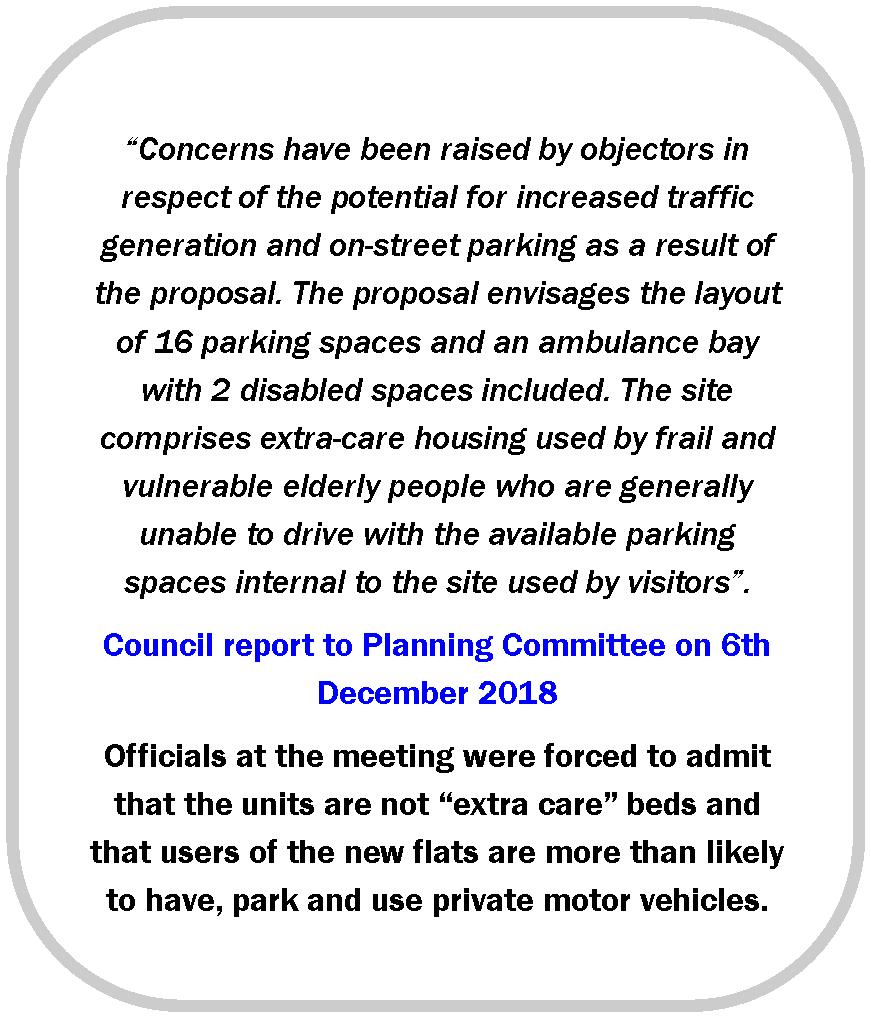
The distinction is a major one as extra care beds imply a much higher level of care need while the occupiers of conventional sheltered flats are more likely to own cars.
They will need somewhere to park them.
The committee declined to require that a rear entrance be provided to the new site. This would have permitted greater integration with the adjacent Hob Moor Oaks school which caters for children with disabilities and might have been used to address overflow car parking, delivery, emergency vehicles access and other transport concerns.
Nor was the committee prepared to even ask transport officials to review the cumulative impact that planning decisions are having on the Kingsway area.
It is difficult not to conclude that the Councils leadership is prepared to casually dismiss the wishes of a community which has lacked leadership since the local resident’s association folded 5 years ago.
The relatively beleaguered inhabitants of the area – amongst the poorest 10% of the population in the country according to some government statistics – are viewed as less likely able to “raise a stink” than might their “middle England” counterparts in other parts of the City.
Consequently, the Council has felt able to ignore their legitimate requests for improvements that have been tabled in response to successive development consultations.

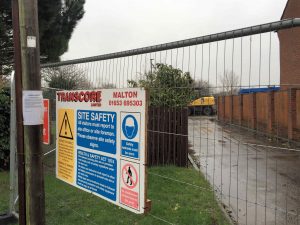 Demolition contractors (who suspended their activities yesterday following complaints that the work was unauthorised) will be able to demolish the Newbury Avenue garage blocks when the current public consultation period ends.
Demolition contractors (who suspended their activities yesterday following complaints that the work was unauthorised) will be able to demolish the Newbury Avenue garage blocks when the current public consultation period ends.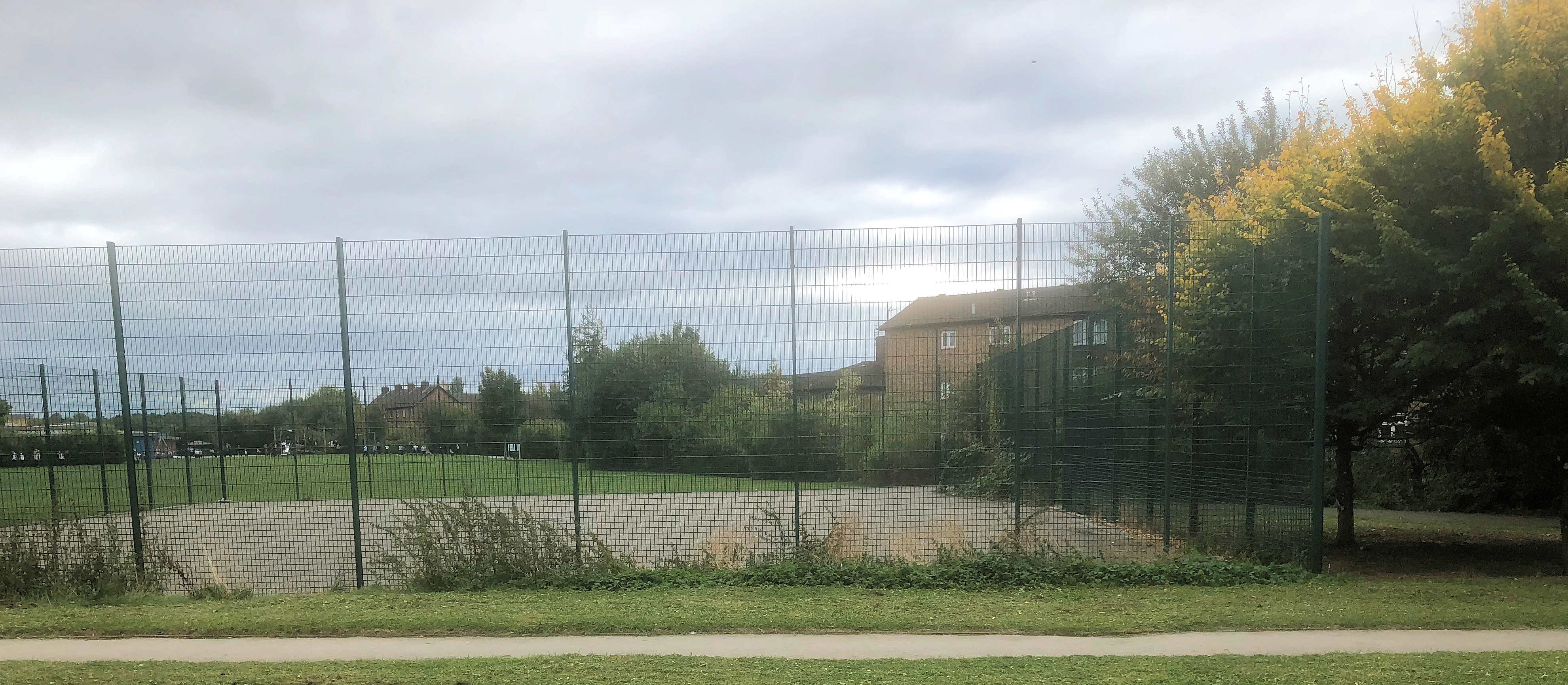
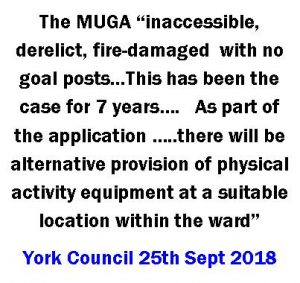
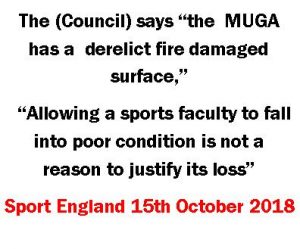
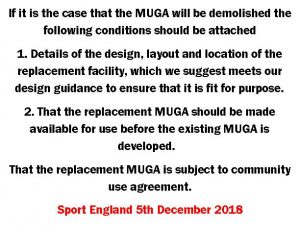 England about planning issues.
England about planning issues.